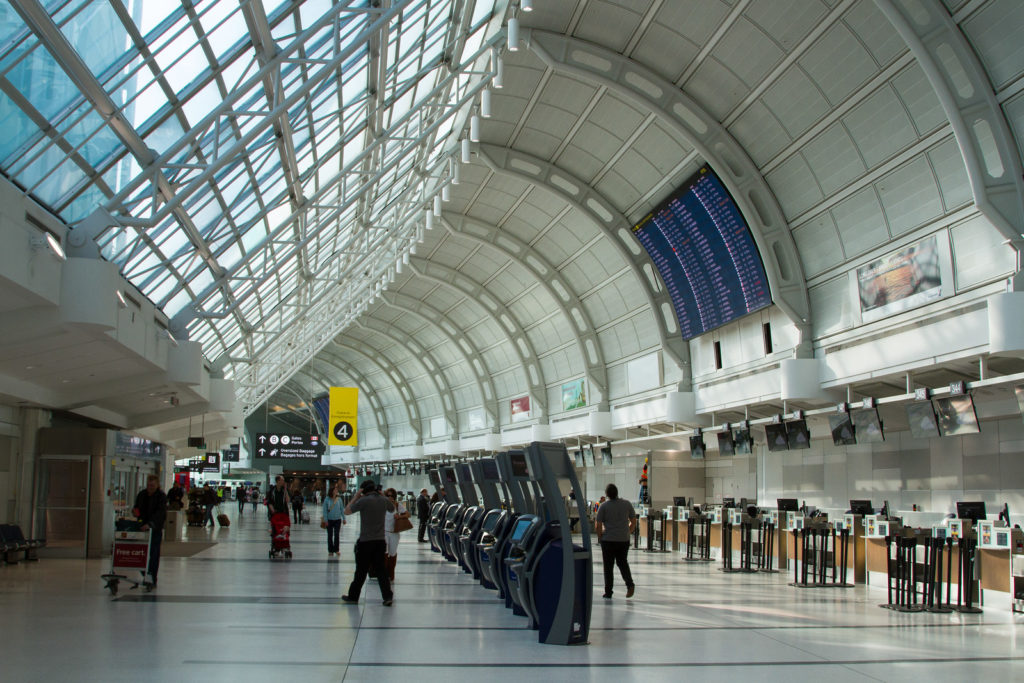Estimated reading time 4 minutes, 10 seconds.
The Canadian Airports Council (CAC) is extending thanks to Transport Minister Marc Garneau and the Government of Canada for agreeing to a 10-month waiver of airport rent paid by 21 privately operated National Airports System airports, and of a similar revenue charge paid by the operator of the Billy Bishop Toronto City Airport, in response to the ongoing coronavirus (COVID-19) health pandemic.

“Canada’s airports greatly appreciate the efforts of Transport Canada in managing the ongoing COVID-19 crisis, including the impact on airports and the air transport sector,” said CAC chair Joyce Carter, who is also president and CEO of Halifax International Airport Authority. “This decision to waive federal ground lease payments for ten months provides many Canadian airport operators with immediate relief from payments to the federal government that would otherwise be due right now.”
As Canada’s airports continue to work with public health agencies to facilitate the safe passage of hundreds of thousands of people, they are looking ahead to what they need to endure and remain open through the weeks and months ahead.
“All of Canada’s airports are deeply concerned about their ability to serve their communities for the duration of this crisis and continue to move people and goods, and facilitate medical services, search and rescue and other essential functions,” said Carter. “The CAC appreciates the federal government’s continued engagement on longer-term measures to ensure the business continuity of Canada’s airports. This includes the ongoing concerns of airports that pay significant amounts of rent, as well as those Canadian airports that pay little or no rent to the federal government.”
With passenger volumes expected to decline by much more than 50 per cent between March and June 2020, including airports that have lost temporarily full passenger service, and a currently projected revenue loss of as much as $2.2 billion this year related to the coronavirus, Canada’s airports are urging the federal government to provide both short-term rent relief and a longer-term stimulus package as part of the nation’s overall economic recovery.
Canada’s airports are concerned about their cash flow, as they must maintain the same high standard of safe, secure operations on drastically reduced revenue. Airports are moving quickly to reduce operating costs as much as possible to respond to this unprecedented challenge. Airports are also reducing or suspending capital programs until traffic rebounds.
Meanwhile, many airport operational costs related to safety, runway maintenance, aircraft movements and passenger services are fixed and cannot be reduced in proportion to reduced traffic volumes. In fact, with increased protocols aimed at controlling the spread of COVID-19 in terminals throughout the country, costs at Canada’s airports have increased.
In addition to airport rent relief, Canada’s airports have requested:
- Financial relief for reduced cash flow: Airports asked the federal government to direct new funds to airports to compensate for their lost revenues and increased costs. This is particularly important for smaller airports that do not pay rent, yet must continue to maintain operations for essential services, including cargo and medevac.
- Regulatory flexibility and funding: Flexibility to adjust tight implementation deadlines and dedicated federal funding to help airports meet recent regulatory requirements.
Airports have also suggested initiatives to support the industry’s role in stimulating air traffic and tourism once travel rebounds, such as tourism promotion, improvements to border facilitation for international travellers, and arrivals duty-free.








